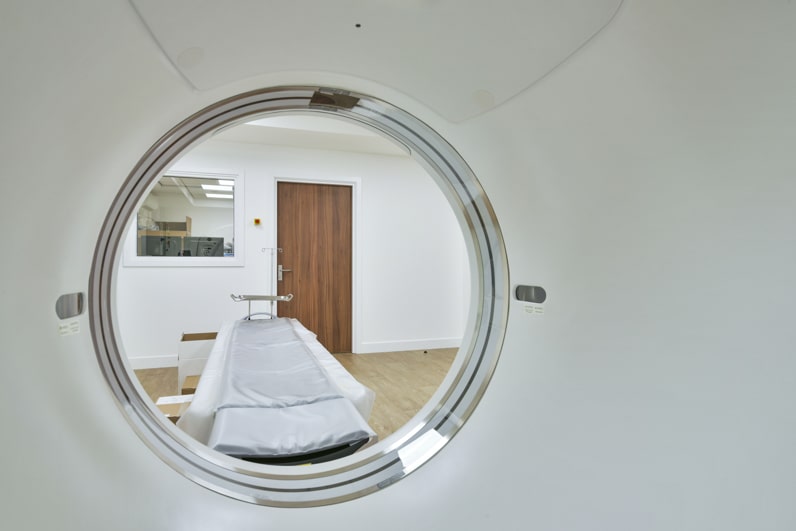Each year, an estimated 96,000 new cases of angina arise in the UK. Whilst not life-threatening, angina affects the quality of life of many older people. Men are particularly susceptible to this condition. Age and poor lifestyle choices may affect how often this symptom is reported.
Fortunately, treatment plans or even surgery allow many angina sufferers to live their everyday lives. At Venturi Cardiology, we regularly consult with patients suffering from angina. We provide advice on how best to manage their condition and how to prevent it getting any worse. In this article, we’ll cover standard treatment methods often discussed.
What is angina?
Angina is the term for chest pain triggered when the heart requires more blood and oxygen but cannot get enough through narrowed arteries. It’s often a symptom of coronary heart disease, which describes a build-up of fat in the arteries pumping blood towards the heart muscle, reducing blood flow.
Angina is often a dull ache, a tightness or a weight on the chest and will be triggered by:
- Heavy exercise
- Emotional upset
- After eating
Usually, the pain will subside with rest or medication.
Why should you seek treatment for angina?
While angina itself is often a symptom of coronary heart disease and doesn’t in itself present any damage to the heart, usually, it means you’re at a higher risk of a heart attack or fatal heart disease. In addition, angina can worsen with time if you don’t seek treatment or lifestyle adjustments.
That’s why we recommend seeking a consultation with a cardiologist to establish a treatment plan and the best next steps for you.
Angina treatments
There are three ways to approach Angina treatment:
Lifestyle changes:
Milder cases of angina can often be controlled by making simple lifestyle changes. Angina is triggered by stress and strain, so it helps to avoid this where possible.
The following lifestyle changes can give patients more control over their condition:
- Reducing alcohol consumption or giving up alcohol altogether
- Obtaining and maintaining a healthy weight
- A healthier diet
- Regular exercise (discuss with a consultant what type of activity is safe to carry out with angina)
- Stopping smoking
Medication:
You may also be advised to take medications to improve your angina symptoms.
- Aspirin reduces blood’s ability to clot, flowing more quickly through the heart arteries.
- Nitrates, which relax and widen blood vessels
- Beta-blockers block the effects of adrenaline and encourage your heart to beat more slowly and with less force.
- Statins, which lower blood cholesterol and may reduce the buildup of fats in your artery walls, thereby reducing the effects of coronary heart disease
Procedures:
If changes in lifestyle or medication don’t help with your symptoms or your angina is more severe, your cardiologist might advise you to undergo surgery. This could ease your discomfort in the long term.
Angioplasty and Stent Placement
Angioplasty is a procedure where your doctor threads a tiny, deflated balloon through an artery and the narrowed area. There, the balloon is inflated to widen the artery. A small metal tube, called a stent, may be inserted to keep the artery open.
Coronary Bypass Surgery
Doctors will take a healthy blood vessel from another part of your body (often your leg). This, they attach to narrowed arteries before the obstruction and then after to create a bypass through which blood can flow to the heart.
How to find the best angina treatment for you
If you live in discomfort because of angina, you should not suffer without professional help. Venturi cardiology is a private cardiology practice in the northwest of England. Our cardiologists can meet with you, to quantify the severity of your angina and to give you the best treatment plan for your condition, lifestyle, and circumstances.
Get in touch with us today to discuss angina treatments.












